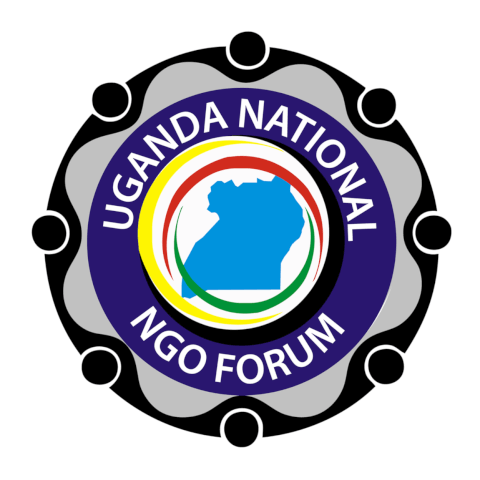
Deepening Partnerships is Vital for the Humanitarian Sector to Thrive
The Empowering Local and National Humanitarian Actors (ELNHA) project was a five year project coordinated by OXFAM and funded by the IKEA Foundation with a total budget of €11,431,963 (€4,810,936 for Uganda). The project was implemented in Uganda and Bangladesh, countries with significant refugee populations and recurring natural disasters.
ELNHA has become a global flagship project in promoting localisation and change in the humanitarian sector. The Programme proposed an alternative approach to humanitarian action, based on more equitable, collaborative partnerships between international and local responders so that people affected by crises can access better services.
The project, which ended on 31st March 2021, focused on connecting meaningfully with Ugandan and South Sudanese/DRC refugee actors, based on the evidence that local actors and organisations spearhead responses to crises in many areas. ELNHA brought together more than 60 different local actors from various parts of the country to strengthen a movement driven towards a more decentralised and locally owned model for humanitarian responses. It is essential to maintain and build on this work as Uganda’s national and local humanitarian systems continue to grow. They require sustained investments at the highest political levels to meet the scale of needs, alongside continued international support.
In his remarks, Mr Iwa Francis, the Executive Director of CAFOMI and Chairperson of the Humanitarian Platform, noted that the ELNHA project was born at the peak of the humanitarian crisis, and appreciated the IKEA Foundation for its timely support towards the project. The project has been instrumental in building the capacity of the Local Actors in humanitarian response. “We can create fundraising mechanisms, [and] it all begins with trust and keeping in mind that we are accountable to the government, donors, ourselves, and people we serve,” said Iwa.
The different Regional Platforms i.e. West Nile, Acholi, Karamoja and South Western Uganda, presented their profiles to the partners and donors at the ELNHA closing ceremony. They highlighted the need for more effective coordination among local humanitarian actors and urged international NGOs and donors to adjust the conditions for calls for funding proposals emphasising the issue of pre-financing which is unfavourable for local actors.
Speaking at the ceremony, Mr Ronald Matanda, Head of Programmes at the Uganda National NGO Forum (UNNGOF), shared the journey and milestones of the National Humanitarian Platform: enhanced advocacy skills for the LHAs, a comprehensive knowledge base, increased coordination and information sharing, profiling LNHAs’ work, among others.
He reiterated the need to increase coordination and strategic partnerships among LNHAs and enhance advocacy skills. Mr Matanda also called for operationalization of the Contingency Fund, fulfilment of the commitments from the Grand Bargain, and finalisation of the National Disaster Preparedness and Management Bill.
The project ran on the principle of putting LNHAs at the forefront to define their agenda, strategies and influence international humanitarian actors for support. Mr Francis Shanty Odokorach, Country Director OXFAM, stated that the implementation of ELNHA was quite complex due to the different capacities of LHAs. Despite the challenge, he was glad that they enhanced their capacities and issued informative policy briefs on various issues. He appreciated all project partners for supporting the realisation of the dream of empowering the local and national humanitarian actors.
While closing the project, Hon. Musa Ecweru, Minister for Disaster Preparedness, appreciated the various players for partnering with the Government to address social issues like the refugee crisis. He noted that the Government of Uganda is open to criticism from humanitarian actors if it’s geared towards improving service delivery.
In response to Mr Matanda’s remarks, he noted that operationalising the Contingency Fund is under discussion and added that the National Disaster Preparedness and Management Bill is in the final stages. He moved LHAs to interest themselves in the Bill so that their contributions are captured and included. He concluded by urging local and national actors to work towards environmental conservation to address the causes and effects of climate change.



